To create AI video art, you can start by using various artificial intelligence tools and software that are specifically designed for generating artistic content. One popular option is using deep learning algorithms, such as Generative Adversarial Networks (GANs) or Neural Style Transfer, which can help you generate unique and visually appealing video art.
These algorithms can be trained on a dataset of images or videos to learn patterns and styles, which can then be used to create new and original video content.
Additionally, you can explore AI-powered video editing software that offers features like automated video editing, scene detection, and object tracking, which can help you enhance your video art with AI technology. Experimenting with different AI techniques and tools can help you discover new ways to create captivating and innovative video art that pushes the boundaries of traditional artistic expression.
By combining your creativity with the power of artificial intelligence, you can unlock endless possibilities for creating mesmerizing and thought-provoking video art pieces.
What ai tools can be used for creating video art?
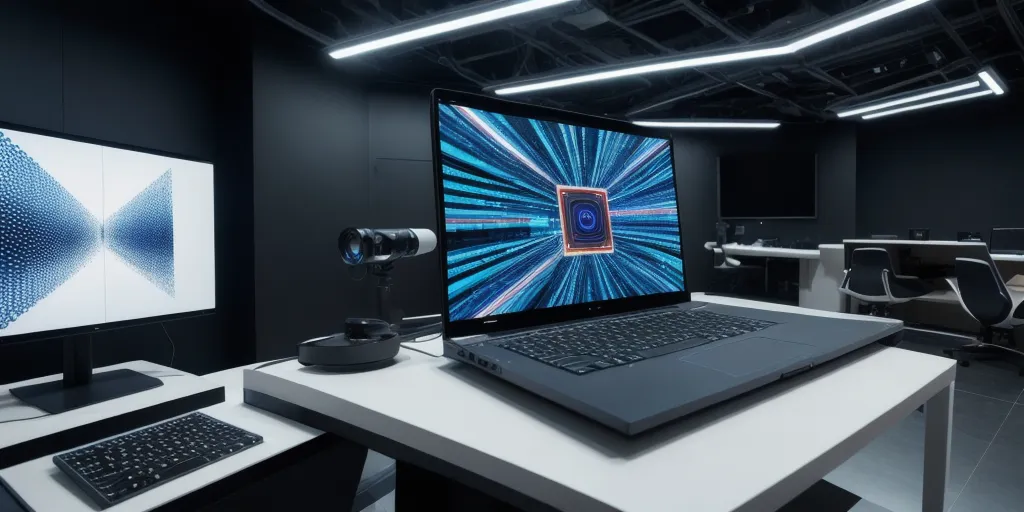
There are several AI tools that can be used for creating video art, each offering unique features and capabilities. One popular tool is Runway ML, which allows artists to experiment with different AI models to generate visuals and effects for their videos.
Another option is Deep Dream Generator, which uses neural networks to transform images and videos into surreal and dreamlike creations. Additionally, Artbreeder is a platform that enables users to blend and evolve images to create stunning visual compositions. For those looking to add motion graphics to their videos, Plotagon can be a great choice, as it allows users to create animated characters and scenes easily.
Furthermore, Adobe After Effects offers a wide range of AI-powered tools for video editing and special effects, making it a versatile option for artists looking to enhance their video art.
Overall, these AI tools provide artists with innovative ways to explore and create visually captivating video art, pushing the boundaries of creativity and technology in the digital art world.
How do deep learning algorithms contribute to ai video art?
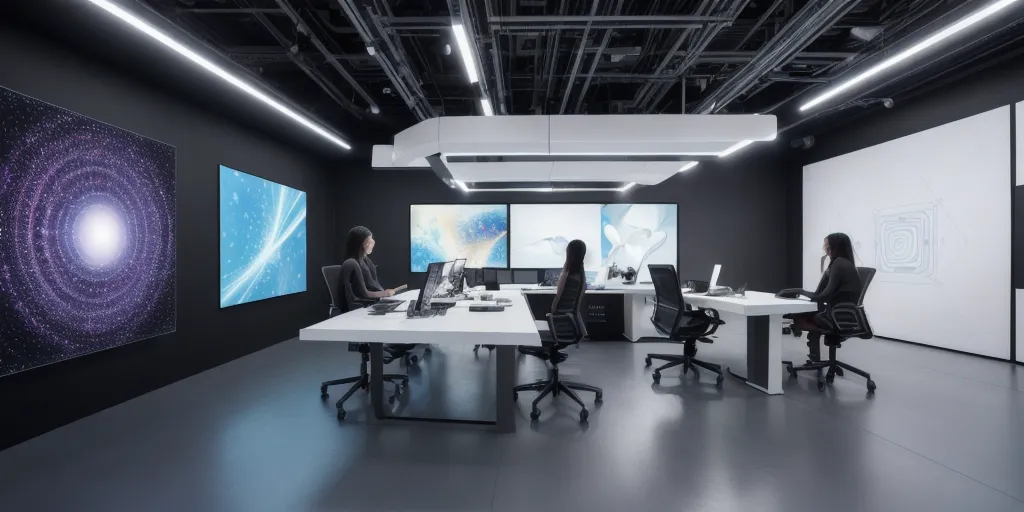
Deep learning algorithms play a crucial role in the creation of AI video art by enabling machines to analyze and interpret visual data in a way that mimics human perception. These algorithms are designed to process large amounts of data, such as images and videos, and extract meaningful patterns and features from them.
By using deep neural networks, AI systems can learn to recognize objects, scenes, and even emotions depicted in videos, allowing them to generate artistic content based on this understanding. This capability opens up a world of creative possibilities for artists and designers, as they can leverage AI technology to generate unique and innovative video art pieces.
Additionally, deep learning algorithms can be used to enhance the quality of video content by improving aspects such as image resolution, color grading, and special effects.
Overall, the integration of deep learning algorithms into AI video art not only expands the creative potential of artists but also pushes the boundaries of what is possible in the realm of visual storytelling and expression.
What features do ai-powered video editing software offer?
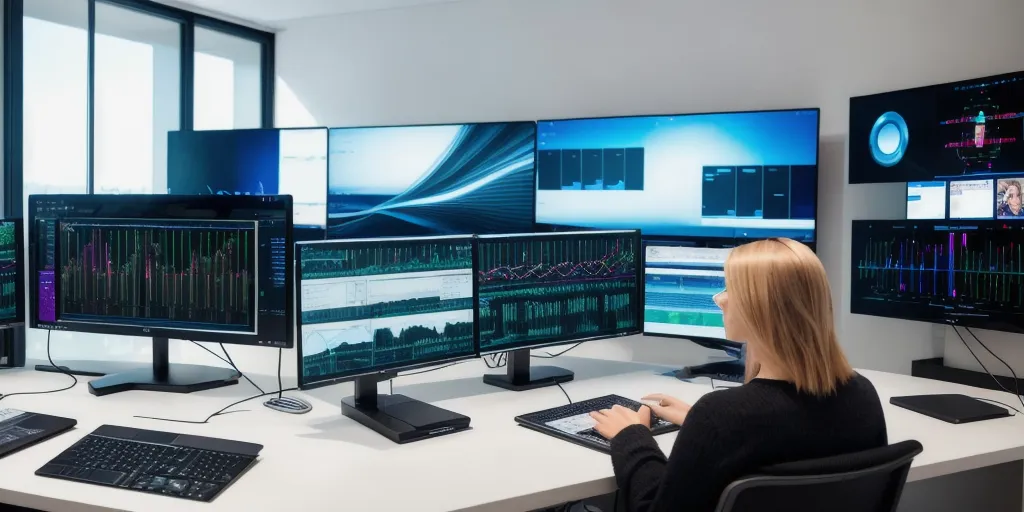
AI-powered video editing software offers a wide range of features that streamline the editing process and enhance the overall quality of the final product. One key feature is automated video editing, which uses AI algorithms to analyze footage and make editing suggestions based on factors such as composition, lighting, and pacing.
This can save editors valuable time and help them achieve a more polished result. Another important feature is facial recognition, which allows the software to automatically identify and tag individuals in the video, making it easier to organize and search for specific clips.
AI-powered software also often includes advanced color correction tools, which can automatically adjust color levels to create a more visually appealing and cohesive look. Additionally, some AI editing software offers voice recognition capabilities, allowing users to control the editing process through voice commands.
Overall, AI-powered video editing software provides a range of tools and features that can help editors work more efficiently and produce higher-quality videos.
How can ai techniques enhance video art creation?
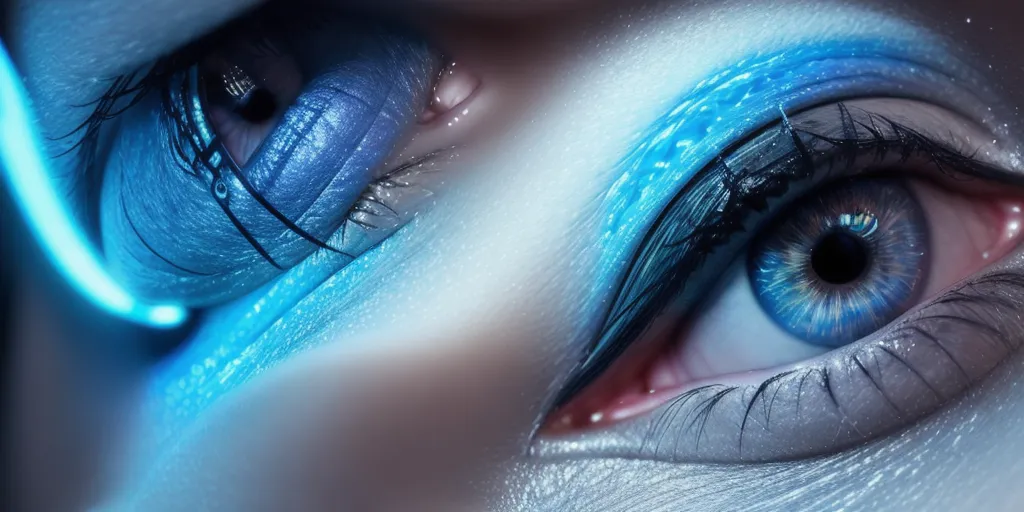
AI techniques can greatly enhance video art creation by providing artists with innovative tools and capabilities to push the boundaries of their creativity. One way AI can enhance video art creation is through the use of machine learning algorithms that can analyze and interpret visual data to generate unique and dynamic visual effects.
These algorithms can help artists automate certain aspects of the creative process, allowing them to focus more on the conceptualization and storytelling aspects of their work. Additionally, AI can assist in the editing process by offering suggestions for transitions, color grading, and other post-production tasks.
AI can also be used to generate music and sound effects that complement the visuals, creating a more immersive and engaging experience for the audience. Overall, AI techniques can streamline the video art creation process, save time, and open up new possibilities for artists to experiment and explore different styles and techniques.
By incorporating AI into their workflow, artists can take their video art to new heights and create truly unique and captivating pieces that resonate with viewers on a deeper level.
What possibilities can ai unlock for video art creation?
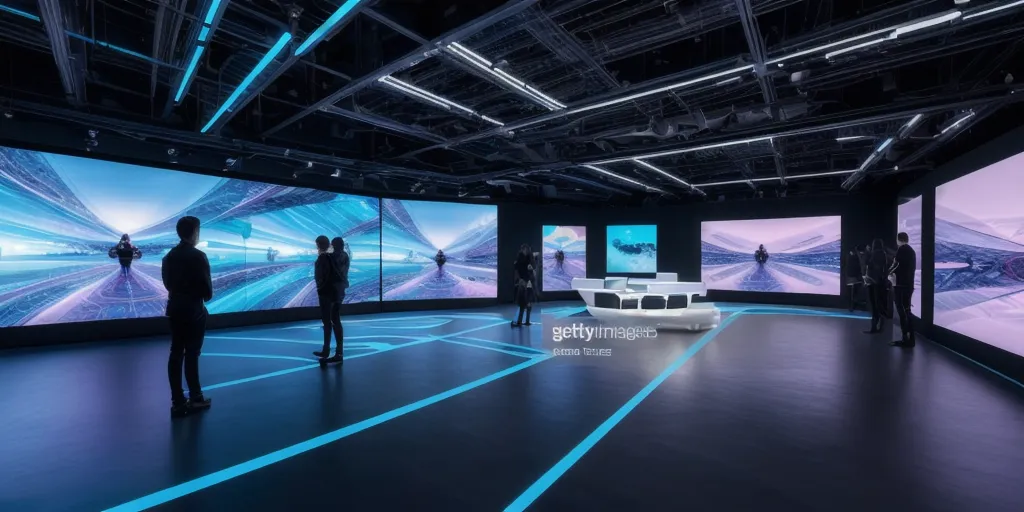
Artificial Intelligence (AI) has the potential to unlock a myriad of possibilities for video art creation. One key advantage is the ability of AI to analyze vast amounts of data and generate insights that can inform the creative process.
AI algorithms can help artists identify patterns, trends, and themes within their work, leading to more innovative and impactful creations. Additionally, AI can automate certain aspects of the video art creation process, such as editing, color correction, and special effects, saving artists time and allowing them to focus on the more creative aspects of their work.
AI can also assist in the creation of personalized and interactive video art experiences, tailoring content to individual preferences and enhancing viewer engagement. Furthermore, AI can facilitate collaboration between artists by providing tools for remote collaboration and real-time feedback.
Overall, AI has the potential to revolutionize the way video art is created, offering artists new tools and techniques to explore and pushing the boundaries of creativity in the digital age.
aspernatur quae sit doloremque molestiae ut voluptas nihil sit beatae amet in. assumenda quis nihil a molestiae eveniet voluptate aliquam. ab cum et repellendus vitae iusto quae consequatur rerum.